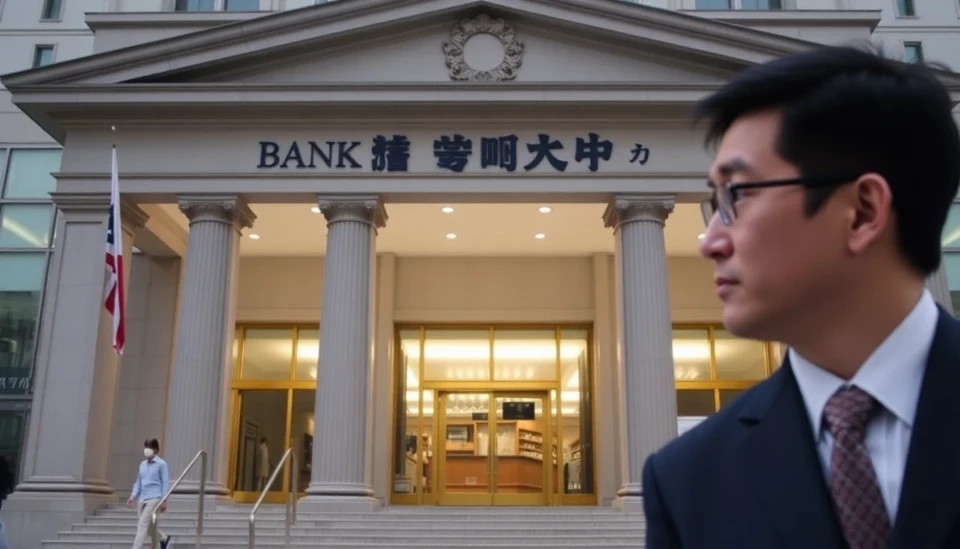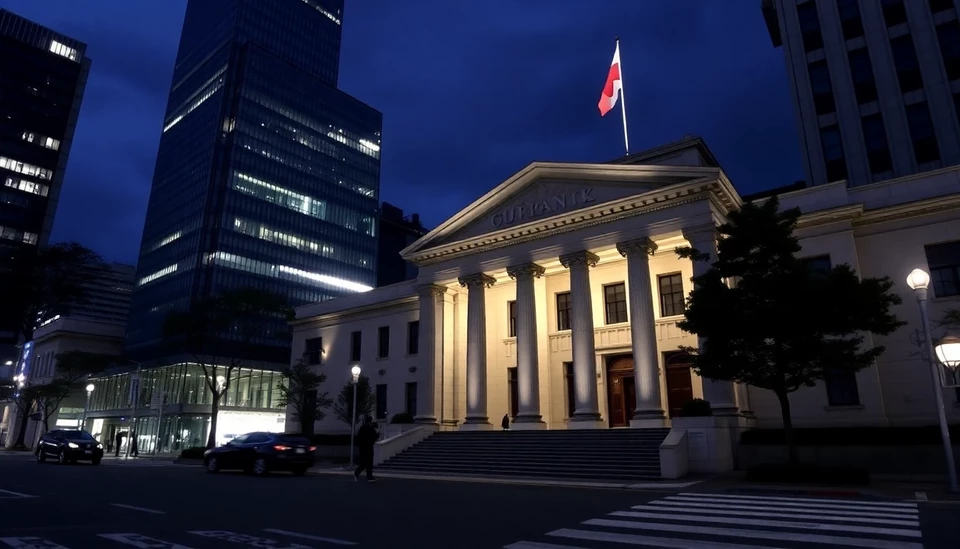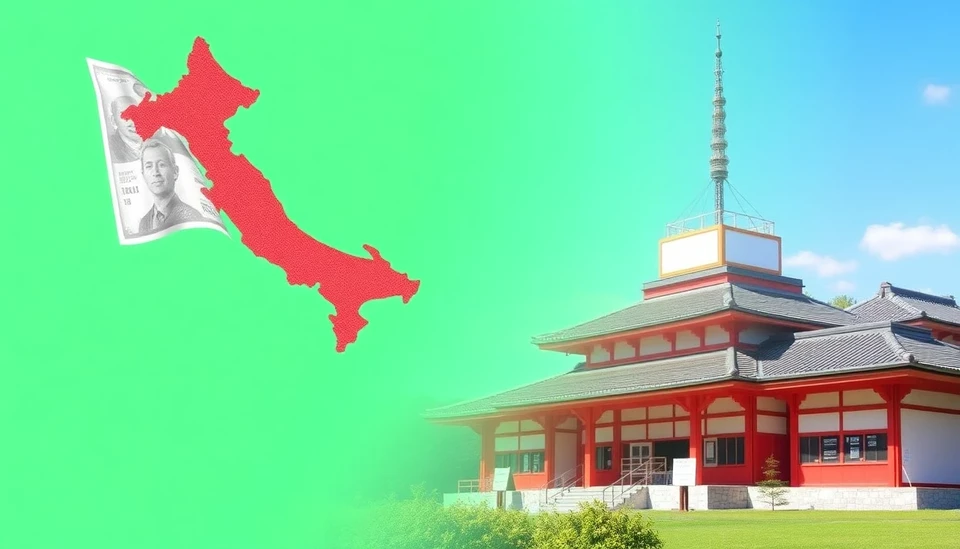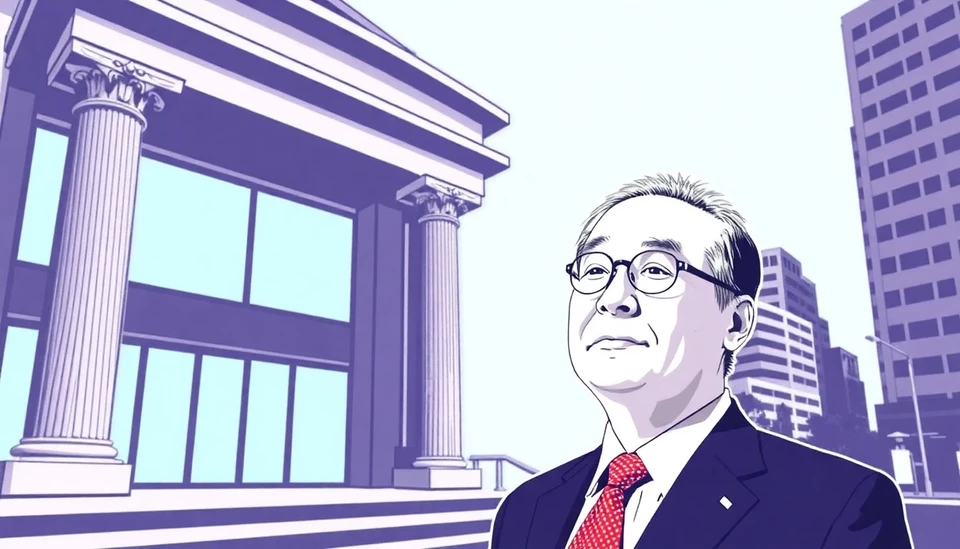
In a striking turn of events, the Bank of Japan (BOJ) is contemplating a historic policy adjustment, potentially implementing its first triple interest rate hike since the financial bubble burst in the early 1990s. This deliberation comes in the wake of rising inflation rates which are forcing central banks worldwide to recalibrate their economic strategies.
Over the past several months, Japan has seen a marked increase in consumer prices, which has systematically challenged the BOJ's long-standing approach to monetary policy. The recent economic indicators suggest that inflation is not merely a fleeting trend but may be becoming entrenched in the Japanese economy, putting pressure on the BOJ to act decisively.
Analysts note that the central bank's deliberations reflect a broader shift in Japan's economic landscape, where a decade-long experiment with negative interest rates and aggressive quantitative easing may be drawing to a close. Economists widely agree that the time may have come for the BOJ to pivot towards a more conventional monetary policy framework, thereby stabilizing Japan’s economy while addressing inflationary pressures.
The potential for a triple hike represents a monumental shift, signaling a departure from the BOJ's traditionally cautious stance. This move could signal to markets and consumers alike that the BOJ is committed to curbing inflation and restoring confidence in the Japanese yen, which has been experiencing notable volatility against other major currencies.
Central bank officials have pointed to several key indicators that support the case for a significant rate increase. Rising wages, increased domestic demand, and a tightening labor market indicate that the Japanese economy may have weathered the worst of the pandemic-induced slowdown. Furthermore, the global economic environment is also influencing BOJ's decision-making, as international peers are increasingly raising interest rates in response to similar inflationary pressures.
The deliberations within the BOJ come at a politically sensitive time, with new Governor Kazuo Ueda allowing for a wider range of discussions around the bank’s next steps. While the economic indicators provide a rationale for action, the reversal of such extended monetary support can also provoke concerns about economic growth and unemployment, which remain delicate subjects in Japan.
Market watchers are keenly observing the BOJ's upcoming policy meetings, anticipating guidance on the approach it intends to take. Should the BOJ follow through with this unprecedented hike, Japan could undergo a significant transition that would realign its economic positioning on the global stage.
As Japan grapples with this pivotal decision, the implications could reverberate throughout the global economy, particularly in Asia. Positive reception from investors and consumers could bolster confidence in the central bank's future direction, but missteps could lead to unforeseen turbulence in both local and international markets.
In conclusion, the Bank of Japan stands at a crucial crossroads, contemplating an unprecedented triple rate hike as inflation looms larger on the economic horizon. The outcomes of this decision will not only impact Japan's domestic economy but also send ripples across global financial systems, marking a pivotal moment in the post-pandemic economic recovery phase.
#BankofJapan #InterestRates #Inflation #MonetaryPolicy #EconomicShift #KazuoUeda #GlobalEconomy
Author: Rachel Greene




